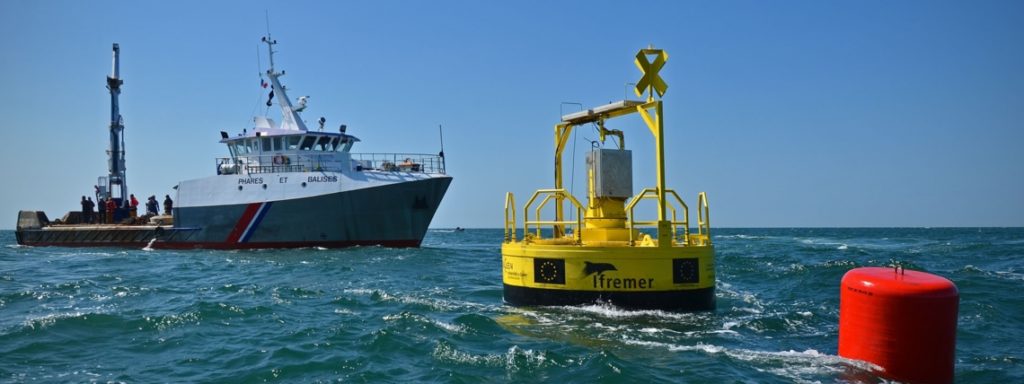Unlocking the secrets of the ocean and steering towards sustainable ocean management is a collective endeavour, and the JERICO-S3 project is one of the EU-funded projects that take centre stage in the latest Cordis Results Pack. Published in January 2024 under the theme “Diving Deeper: Propelling Ocean Knowledge and Its Sustainable Management,” this results pack highlights breakthroughs enabled by EU funding and showcases the crucial role of ocean observation in the sustainable management of the ocean.
The Ocean’s Vital Role:
The ocean, covering more than 70% of the Earth’s surface, is a powerhouse of life, providing oxygen, food, and employment for billions. Its importance extends to climate action, biodiversity conservation, food security, renewable energy, and human health. However, the majority of the global ocean remains poorly observed or unexplored, emphasising the need for accurate and reliable data to understand the complex relationships between climate change, biodiversity, and ecosystem services.
The European Digital Twin of the Ocean (European DTO):
Under the EU Mission Restore our Ocean and Waters, the EU is developing The European Digital Twin of the Ocean (European DTO), which will serve as a powerful tool to comprehend and predict the impact of human activities and climate change. By collating data from initiatives like the Marine Observation and Data Network (EMODnet) and the Copernicus Marine Environment Monitoring Service (CMEMS), the European DTO will build a digital replica of the ocean. This digital twin will enable researchers to study the ocean’s past, present, and future, fostering connections between science, business, and society. The European DTO will revolutionise work practices by connecting the physical, biological, and socioeconomic dimensions of the ocean.
JERICO-S3: Advancing Coastal Observatories:
Within the Cordis Results Pack, the article entitled “Expanding infrastructure for coastal observatories” focuses on the JERICO-S3 project, which stands out for its contribution to advancing observations of European coastal waters. Coastal environments, essential for various human activities, face pressure from climate change and human actions. JERICO-S3, building on the achievements of JERICO-NEXT, focuses on harmonising coastal observation systems and developing infrastructure and services to support scientists.
Key Components of JERICO-S3:
-
Physical Infrastructure and Supersite Observatories:
- Access to 600 multi-disciplinary platforms across 19 countries.
- Creation of supersites in strategic locations for multi-platform access.
-
Transnational Access (TA):
- Coordinating TA calls for free access to the JERICO Research Infrastructure (JERICO-RI).
- Facilitating 36 funded projects and access to 42 facilities.
-
JERICO-CORE:
- Consolidating virtual resources through a central hub.
- Offering datasets, software, manuals, publications, and e-libraries.
- Emphasising collaboration and co-designing solutions.
Towards Sustainable Ocean Observation:
The JERICO-RI is at the forefront of European coastal ocean research infrastructure. With 36 partners across 19 countries, the RI promotes collaboration and best practices sharing. The diversity in approaches reflects a commitment to ongoing ocean observation, driving collective efforts toward a sustainable future.
Explore the Cordis Results Pack for further information on the role of JERICO-S3 and other EU-funded projects in advancing towards a sustainable future.

#JERICOS3 #OceanObservation #SustainableManagement #CordisResultsPack #EuropeanDTO #OceanResearch
